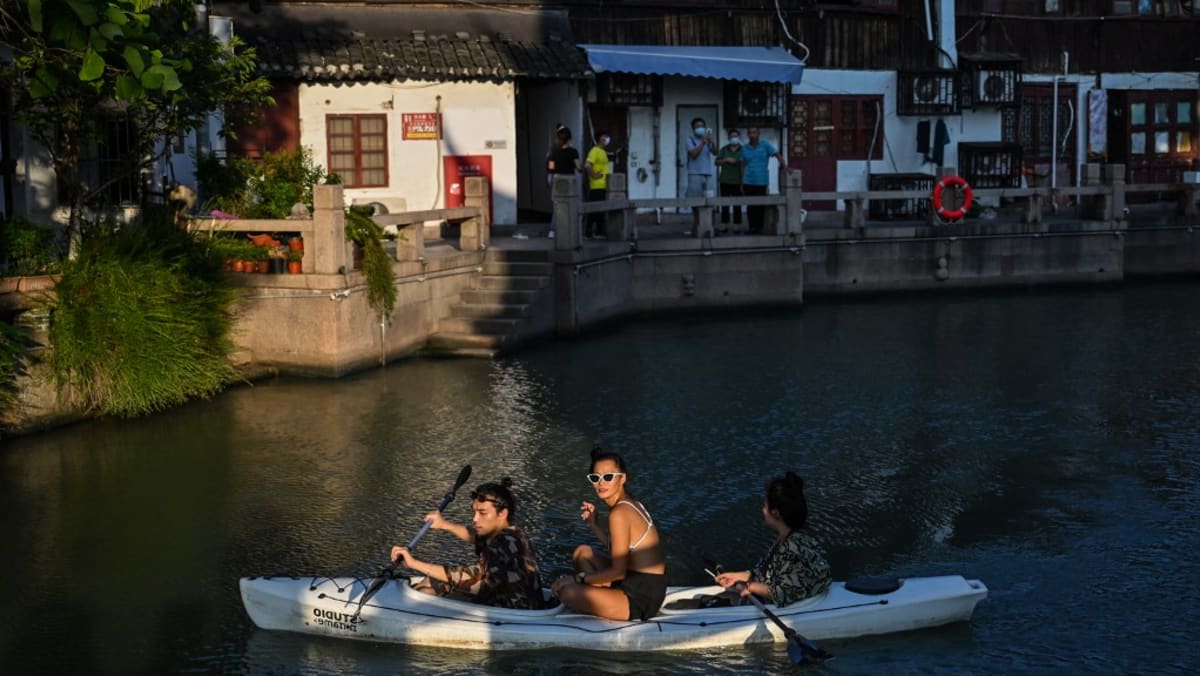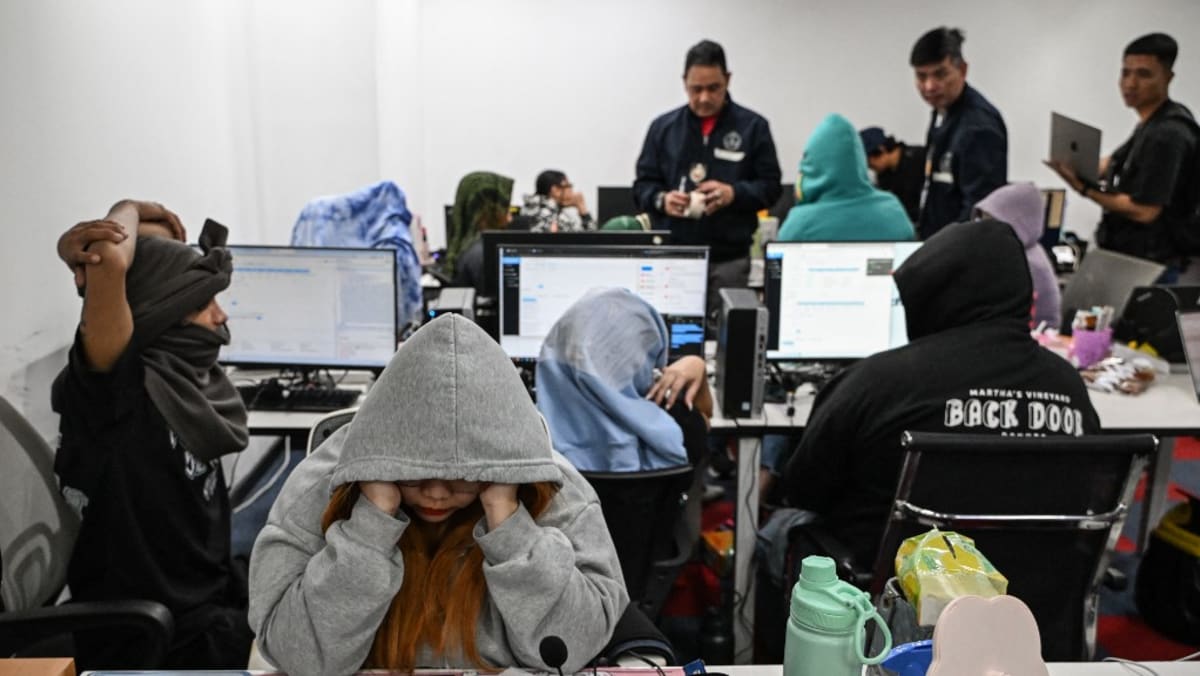Travellers rejected by hotels have also shared their experiences. For instance, Malaysian YouTuber Anjoe Koh said last year she had a friend in China “repeatedly confirm” with a hotel that foreign guests were accepted, but was turned away when she arrived because the hotel “didn’t have the resources”.
“A lot of hotels don’t accept foreign guests, especially during the Asian Games. Don’t simply book your hotel online and arrive, you will be turned away!” Ms Koh wrote in an Instagram story last September, when she also posted about going to Ningbo. Her experience was reported by Malaysian news site World of Buzz.
According to a former top editor at the state-linked Global Times, however, the distinction between hotels that accept and do not accept foreign guests has been scrapped since 2013.
This is according to notices published by relevant Chinese government bodies in 2013, save for a few counties and cities, wrote Mr Hu Xijin in an opinion article in the publication on Monday (May 27).
All hotels in China can take in foreign guests but must follow the registration process spelled out under the law, he wrote.
According to Article 39 of China’s Exit and Entry Administration Law, hotels must register the particulars of their foreign guests with local public security agencies.
Foreign travellers who are not staying in hotels, or their hosts, must register their accommodation details with the local authorities within 24 hours of their arrival.
Those who fail to do so will be given a warning and may be fined 2,000 yuan (US$276).
Hotels that fail to submit travellers’ accommodation details to the local authorities will be warned. “Where circumstances are serious”, these hotels may be fined 1,000 yuan to 5,000 yuan, the law states.
“Some hotels and local government bodies may not understand this and are afraid of receiving foreign travellers, and they may also be worried about bringing trouble upon themselves,” said Mr Hu.
Hotel reception staff may also worry about getting fined if they make mistakes in the registration process, he explained.
This may be a reason why they refuse to serve foreigners – “better to earn less than be fined”, said Mr Hu.







